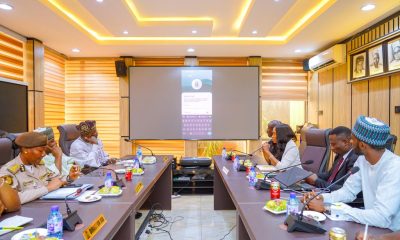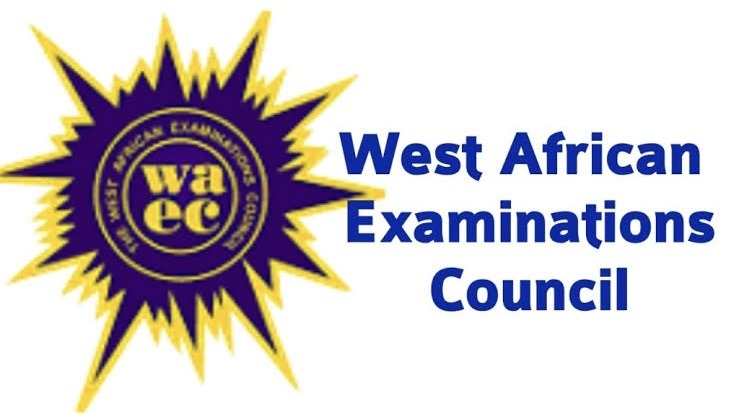Education
Air Force Institute opens application for 2024/25 academic year

Education
WAEC bans 13 schools in Kogi for examination malpractices
Education
UniZik faults FG for dissolution of governing council, VC removal
Education
Tinubu sacks NAU VC, dissolves governing council

Education
Nigeria Secures 7th Position Worldwide for International Students in the US
Education
The Importance of Education for Children: Unlocking Their Full Potential
Education
Zulum launches summit to reform Almajiri education in Borno
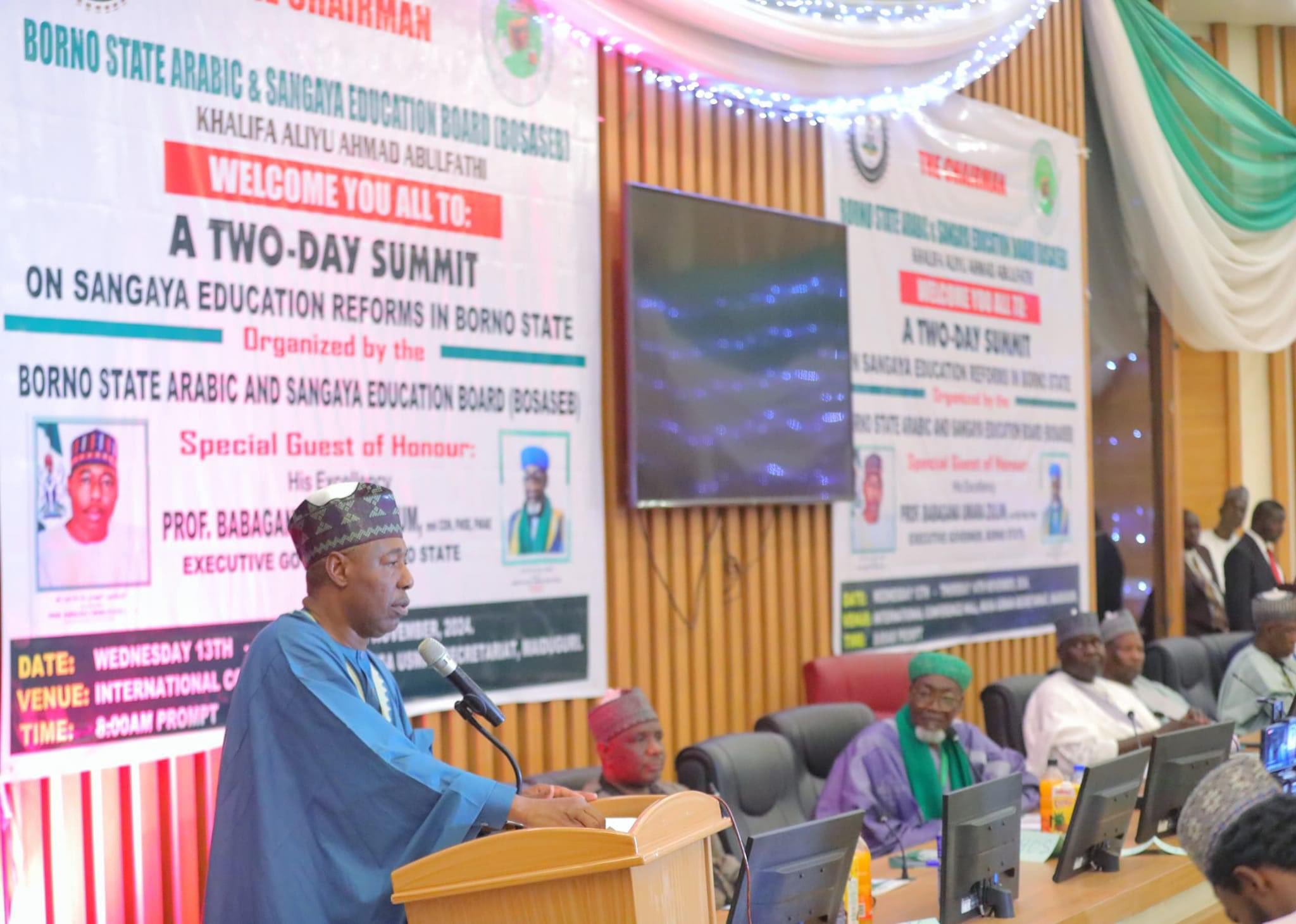
-

 News21 hours ago
News21 hours agoEfe Ajagba Poised to Challenge Daniel Dubois for IBF Heavyweight Title
-
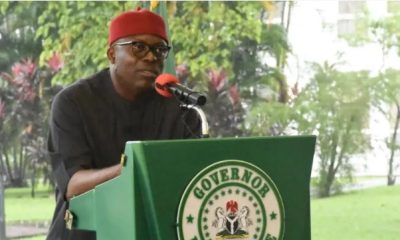
 News20 hours ago
News20 hours agoFederal High Court Adjourns Labour Party’s Suit on Rivers Lawmakers’ Defection to January 2025
-

 News18 hours ago
News18 hours agoSimon Ekpa to be extradited to Nigeria – Defence
-
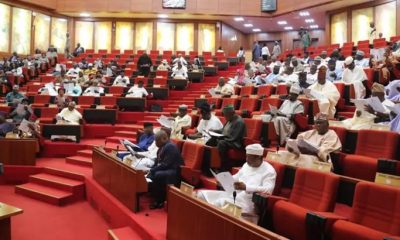
 National24 hours ago
National24 hours agoReps reject bill seeking six-year single tenure for president, governors
-

 News20 hours ago
News20 hours agoHP Wolf Security Launches Advanced Physical Cyberattack Protection for Business Introducing HP Enterprise Security
-

 Entertainment17 hours ago
Entertainment17 hours agoDavido Reflects on Life as He Turns 32: “My Eyes Don See Shege”
-

 Business18 hours ago
Business18 hours agoFG, World Bank to provide jobs for 10 million youths in 5 years
-

 News4 hours ago
News4 hours agoNEC sets up National Electrification Committee to end grid collapse
-

 Entertainment17 hours ago
Entertainment17 hours agoAfrican Music Takes Over Coachella 2025: Seun Kuti, Remain and More to Perform
-

 Entertainment5 hours ago
Entertainment5 hours ago12 Secret Santa Gifts That Could Get You Fired


